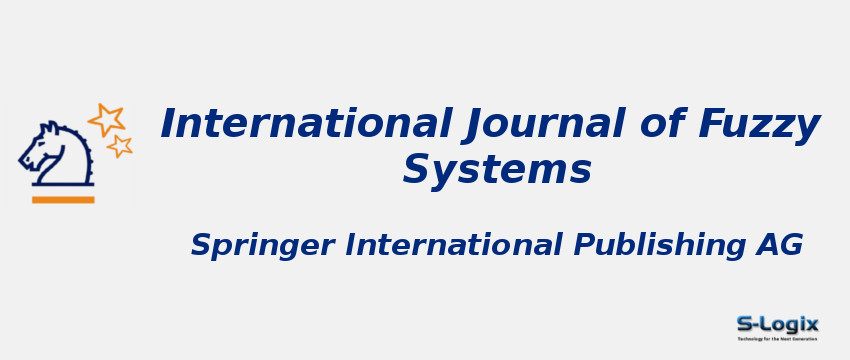Journal Home: Journal Homepage
Editor-in-Chief: Chin-Wang Tao
Print ISSN: 1562-2479
Electronic ISSN: 2199-3211
Abstracting and Indexing: Science Citation Index Expanded, Scopus.
Imapct Factor 2024: 3.6
Subject Area and Category: Computer Sciences, Mathematics
Publication Frequency: Bimonthly
H Index: 67
Q1:
Q2: Artificial Intelligence
Q3:
Q4:
Cite Score: 7.7
SNIP: 1.007
Journal Rank(SJR): 0.714
Latest Articles: Latest Articles in International Journal of Fuzzy Systems
Guidelines for Authors: International Journal of Fuzzy Systems Author Guidelines
Paper Submissions: Paper Submissions in International Journal of Fuzzy Systems
Publisher: Springer International Publishing
Country: Switzerland
